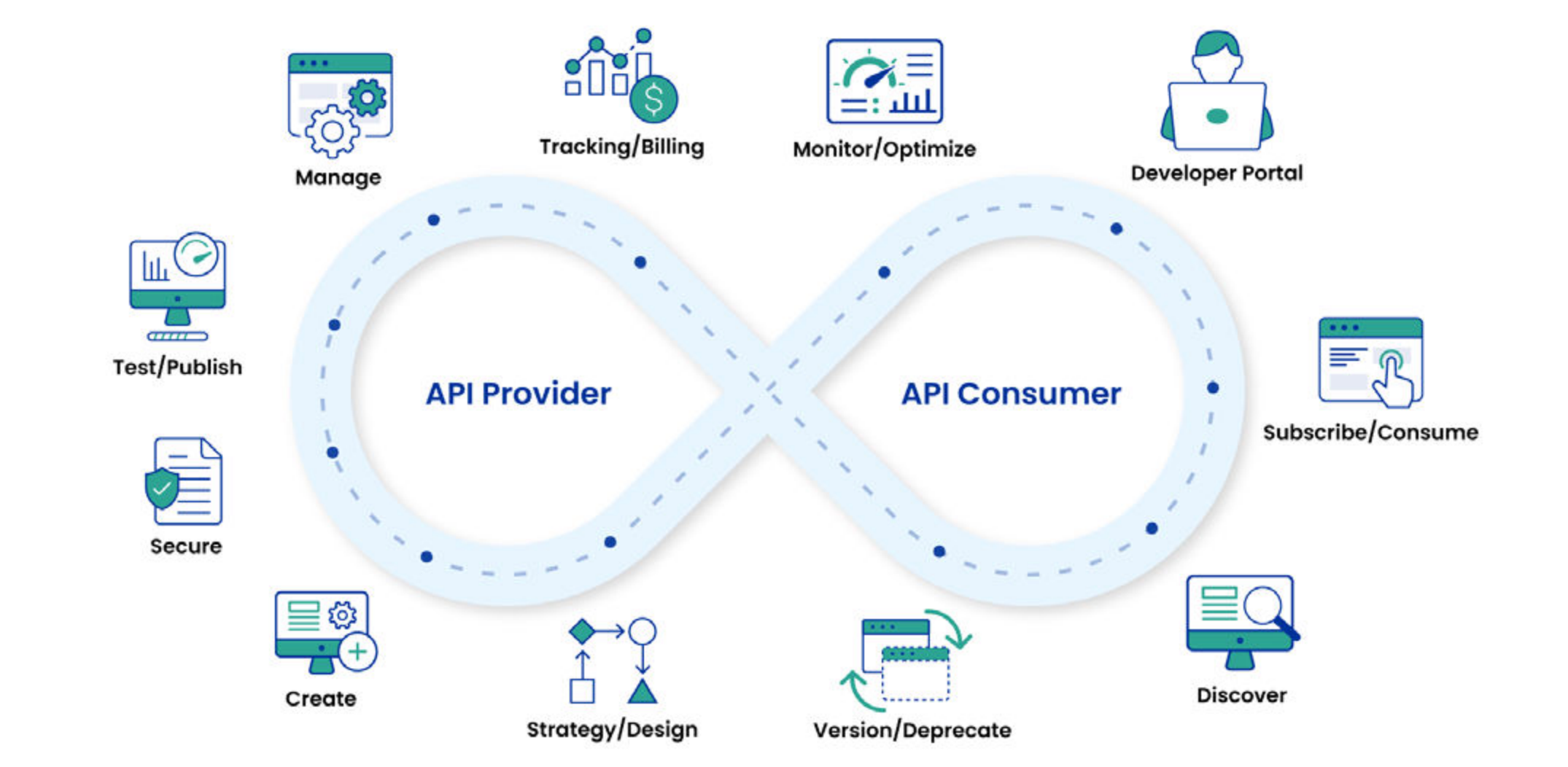Cloud systems are the backbone of how many businesses operate today. They power websites, apps, and services people use every day. To ensure they run smoothly, these systems must be reliable (able to keep working even if something goes wrong) and scalable (able to handle more traffic or work without breaking). This article will explain how to build cloud systems that are strong enough to handle problems and flexible enough to grow. By following these strategies, businesses can create systems that are ready for anything.
Using Backups to Stay Online
One of the best ways to keep cloud systems reliable is to use backups and copies of important parts. If one server or piece of equipment fails, another one can step in and keep things running. This is called redundancy. For example, companies can store data in different locations so that the data is still safe elsewhere if one location goes down. Tools like load balancers also help by spreading work evenly, so no single server gets overwhelmed. Backups and redundancy make sure businesses don’t lose valuable time or information during an outage.
Growing as You Need
Scalability means a system can grow or shrink depending on how much work it needs to handle. For example, an online store might need more power during a big sale but less when business is slow. Cloud systems can be set to automatically add or remove resources based on the traffic they receive. This is called elasticity. It helps companies save money by only using what they need. With this kind of flexibility, businesses can handle unexpected demand without slowing down or crashing.
Helping Services Work Together with API Tools
Cloud systems often have different parts that need to work together, like apps, databases, and services. API management tools help these parts communicate smoothly and securely. These tools act like traffic controllers, ensuring data flows properly, rules are followed, and resources aren’t overloaded. They also help developers connect services from different cloud providers or systems without any confusion. Businesses using API tools can keep their systems running efficiently and securely, even as they grow and change.
Keeping an Eye on Things
Monitoring tools are like a health check for cloud systems. They show how everything is running and alert you if something seems off. For example, if a server is using too much power or an app is loading too slowly, these tools send a warning so you can fix the issue before it becomes a big problem. Cloud providers often include monitoring features, making it easy to keep track of performance. Regularly checking your system helps avoid surprises and keeps everything running smoothly.
Protecting Against Threats
A cloud system can’t be truly reliable without good security. Security measures, like encrypting data or requiring strong passwords, help protect against hackers. Businesses also use tools like firewalls to block suspicious activity and systems to stop attacks that flood their servers with traffic. Regular updates and checks make sure systems stay safe from new threats. Strong security protects data, builds trust with customers, and ensures the system stays online and dependable.

